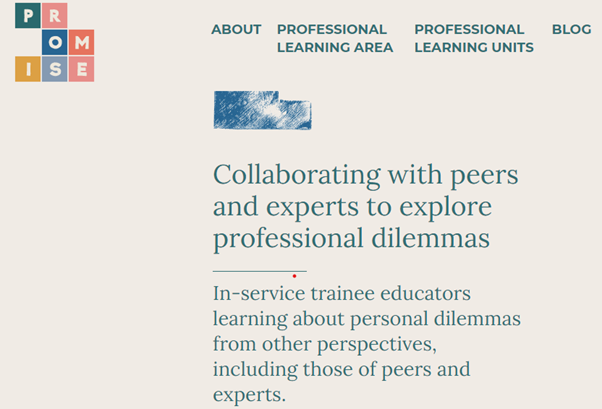May 20th 2021
Bringing different perspectives to a dilemma can be a good way to surface new ideas and possibilities. A good example of this came from a discussion of the implementation of blended learning which took place as part of an international online activity for lecturers in Scotland undertaking their professional teaching qualification with the University of Aberdeen.
A panel of 4 international experts, representing England, Finland, Portugal and South Africa, responded to questions prepared following small group discussions involving over 100 participants. The question about blended learning provoked some particularly interesting discussion after the first international respondent suggested that he would go crazy if he tried to facilitate by himself – in his opinion the only option in this scenario was co-teaching. This provoked immediate responses from some of the Scottish participants declaring that this would not be possible in their context. Some suggested that there were not enough resources or staff for co-teaching and others that it would require cultural change in the sector where one teacher per class is the norm. However, as other international perspectives were shared, and discussion through audio and text chat continued, ideas began to emerge. As well as reinforcing the value of team teaching, a range of suggestions for new ways of working were made, including
The discussions were a powerful illustration of the way in which engaging a diverse range of participants (in this case representing different disciplines, sectors, and countries) in a conversation about practice can spark new insights and promote thinking beyond individual contexts. By the end of the conversation there were several acknowledgements that co-teaching might work and also interest in finding out more.
Most professional dilemmas benefit from consideration of other perspectives, and many of the tools provided by the PROMISE project (including ‘Collaborating with peers and experts to explore professional dilemmas’ which is the framework for the international activity in the example above) provide an opportunity for this collaboration. And most of the tools were created through collaboration because we can’t do it on our own either!

Further information about the professional teaching qualification for lecturers in Scotland’s Colleges (TQFE) can be found here.